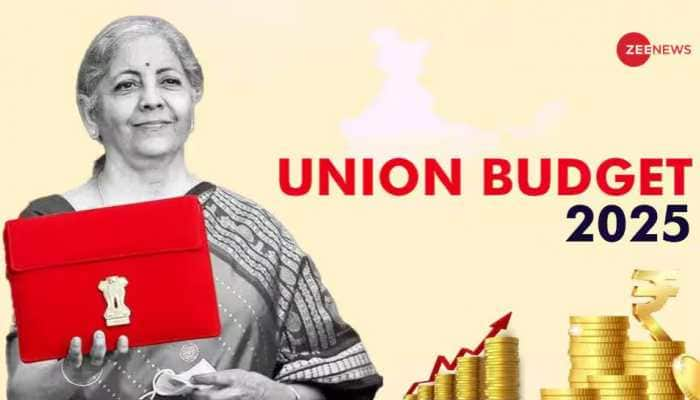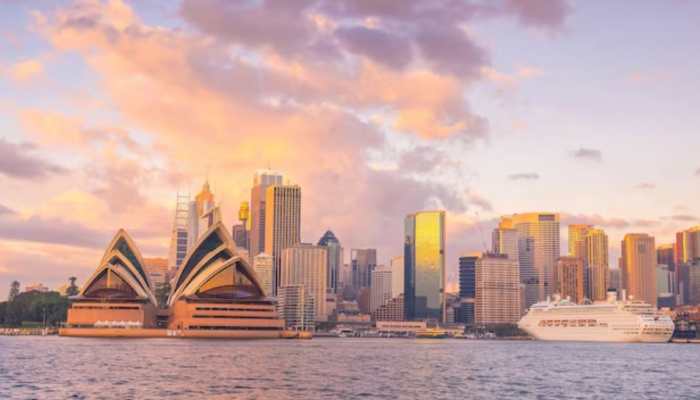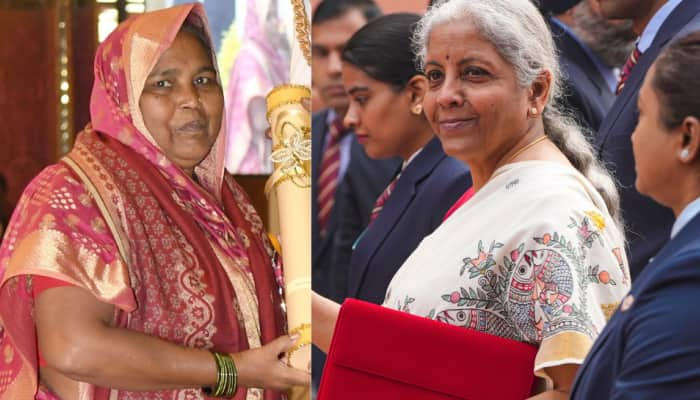Delhi-Mumbai Expressway: PM Narendra Modi Inaugurates 246 KM Stretch in Rajasthan's Dausa
The 246-km Delhi-Dausa-Lalsot section of the 1386-km long Delhi-Mumbai Expressway, inaugurated by Prime Minister Narendra Modi will reduce the travel time between Delhi and Jaipur.
Trending Photos
) Image for representation
Image for representation Prime Minister Narendra Modi has inaugurated a 246-km section of the Delhi-Mumbai Expressway in Rajasthan's Dausa on February 12, 2023. Prime Minister pressed the button of a remote to mark the opening of the Delhi-Dausa-Lalsot section, which is expected to reduce the travel time between Delhi to Jaipur from 5 hours to 3.5 hours. Union Road Transport and Highways Minister Nitin Gadkari, Union MoS V K Singh, Union minister Gajendra Singh and other leaders were present on the stage at the function. Rajasthan Chief Minister Ashok Gehlot and his Haryana counterpart Manohar Lal Khattar addressed the programme through a video link.
PM Modi said, "For the last 9 yrs, the central govt is continuously making huge investments in infrastructure. The Delhi-Mumbai Expressway and the Western Dedicated Freight Corridor are going to become two strong pillars of progress for Rajasthan and the country." The 246 km stretch of the Delhi-Mumbai Expressway has been developed at a cost of more than Rs 12,150 crore and is part of 1,386 km Delhi-Mumbai Expressway, which will be the India’s longest and most advanced expressway.
The Delhi-Mumbai Expressway will introduce you to specific features that are rarely seen in highway construction in India.
Here are some glimpses of the Delhi-Mumbai Expressway, captured by drone camera.#PragatiKaHighway pic.twitter.com/yQfhH6gzEH — MORTHINDIA (@MORTHIndia) February 12, 2023
Earlier, in a tweet, PMO mentioned, "PM Modi's emphasis on the building of excellent road infrastructure as an engine of growth, development and connectivity in New India" is being realised by the construction of a number of ongoing world class expressways across the country."
Delhi-Mumbai Expressway route
The expressway will pass through six states of Delhi, Haryana, Rajasthan, Madhya Pradesh, Gujarat and Maharashtra and connect major cities like Kota, Indore, Jaipur, Bhopal, Vadodara and Surat. It will also serve 93 PM Gati Shakti Economic Nodes, 13 ports, eight major airports and eight multi-modal logistics parks (MMLPs) along with spurs to new upcoming greenfield airports such as Jewar Airport, Navi Mumbai Airport and JNPT port.
This expressway qill improve connectivity between the National Capital of Delhi and the Financial Capital of Mumbai. The expressway will connect urban centers in Delhi via the Delhi-Faridabad-Sohna section of the corridor, as well as a spur to Jewar Airport and Jawaharlal Nehru Port, to Mumbai via a spur in Mumbai.
Delhi-Mumbai Expressway features
In addition, the road transport ministry is planning to build an electric highway between Delhi and Mumbai at a cost of 2.5 lakh crore. Trolleybuses and trolley trucks will be able to operate on these highways, according to the ministry. Trolley buses are electric buses that are powered by overhead wires, whereas an electric highway is a road that provides power to vehicles travelling on it, including via overhead power lines.
Stay informed on all the latest news, real-time breaking news updates, and follow all the important headlines in india news and world News on Zee News.
Live Tv







)
)
)
)
)
)
)
)
)
)

